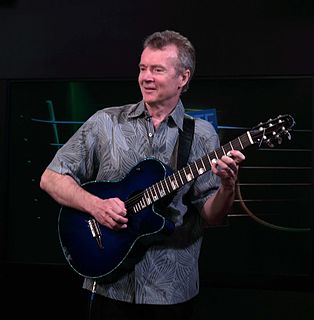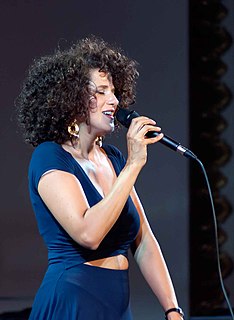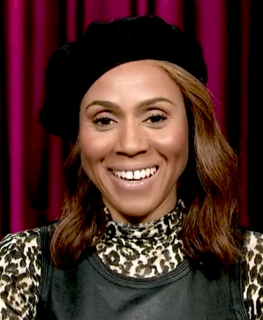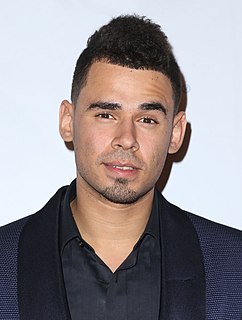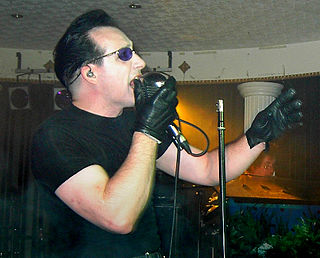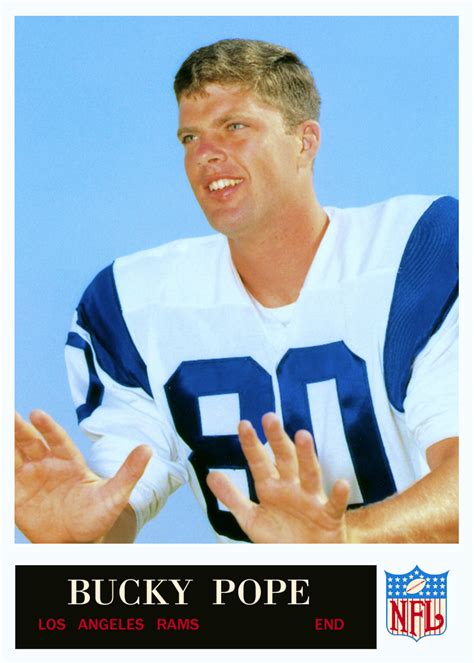A Quote by Cecile McLorin Salvant
Jazz in the 1920s and '30s was dance music, teenage music for parties, for being wild and young. There's this punk feeling I really love. It was something so radical and different and new and not codified. People didn't have a definition of what they were doing.
Related Quotes
You put music in categories because you need to define a sound, but when you don't play it on your so-called radio stations that claim to be R&B or jazz or whatever... All music is dance music. But when people think of dance music, they think of techno or just house. Anything you can dance to is dance music. I don't care if it's classical, funk, salsa, reggae, calypso; it's all dance music.
You know when I started playing music as a young man I felt the need to be noticed and to prove myself. My motivation is much different now but what's still left is the love of music and the joy of entertaining people- the feeling that I make a difference, giving something back rather than just taking. Every year or two I come out with new music, or new arrangements of old music which keeps my show fresh.
New Orleans had a great tradition of celebration. Opera, military marching bands, folk music, the blues, different types of church music, ragtime, echoes of traditional African drumming, and all of the dance styles that went with this music could be heard and seen throughout the city. When all of these kinds of music blended into one, jazz was born.
In the beginning, the punk scene was so full of promise. All the bands were different, and all the sounds were different. The common denominator was that it was all very young kids doing it, and doing it on their terms. But then it became, 'You should listen to this and you should wear this uniform, and you shouldn't do this or that.' It was supposed to be about not having rules, but every generation of music gets watered down.
The average age of the Jazz audience is increasing rapidly. Rapidly enough to suggest that there is no replacement among young people. Young people aren't starting to listen to Jazz and carrying it along in their lives with them. Jazz is becoming more like Classical music in terms of its relationship to the audience. And just a Classical music is grappling with the problem of audience development, so is Jazz grappling with this problem. I believe, deeply that Jazz is still a very vital music that has much to say to ordinary people. But it has to be systematic about getting out the message.



